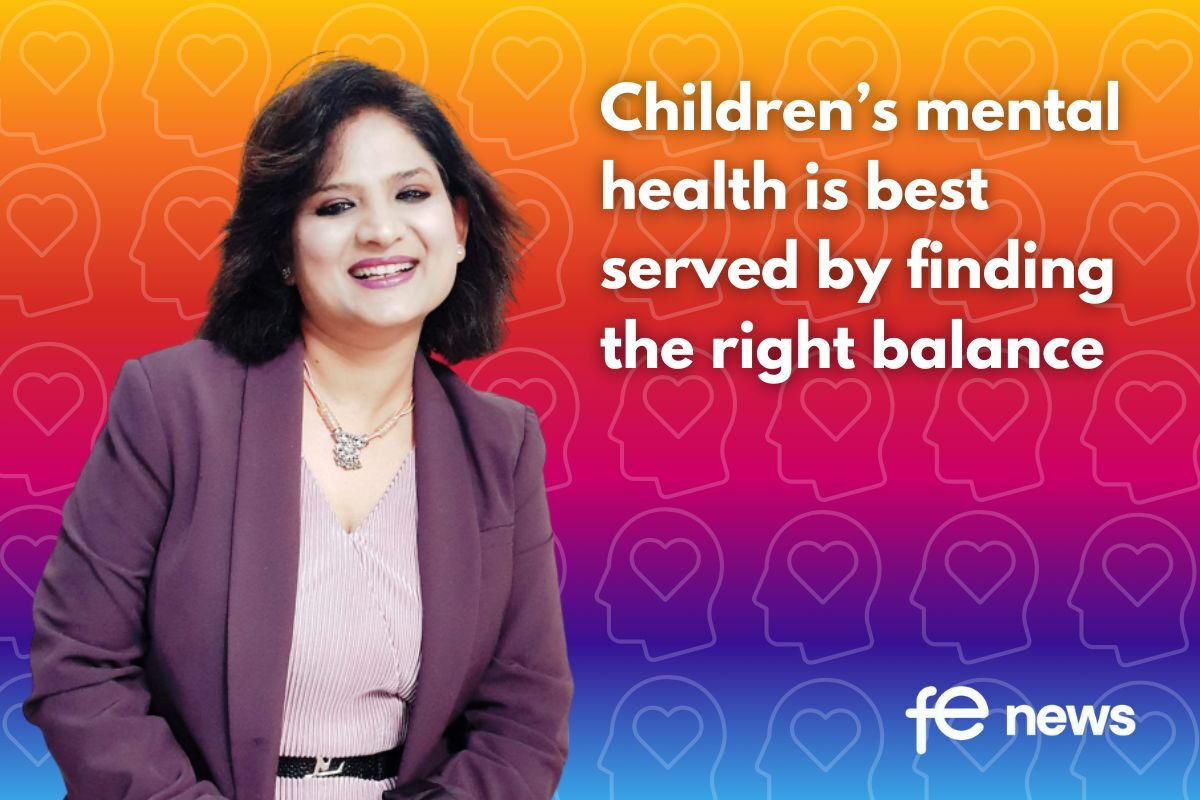Competition or Co-operation: Children’s mental health is best served by finding the right balance

Being a child in a dynamic society which values educational success but often muddies the water of how best to get there, cannot be easy. Must all have prizes? Or do children thrive best when they can compete with each other and test their skills against each other?
Many eminent figures have a range of views on this ever-present issue. Co-operation, rather than competition, say some, is the best basis for child development. Others, such as, professor of psychology, John Tauer, believe that properly managed, competition can be positive.
He said: “Competition can be a double-edged sword for kids, promoting positive values under the right conditions but creating negative environments that are demotivating under the wrong ones.”
Yet others, such as Lyn Kendall, Gifted Child Consultant for British Mensa believe wholeheartedly that competition is positive and healthy.
She said: “It is quite normal for people to judge themselves against others, thus in that respect competition is quite healthy. In a supportive environment it can teach a child to accept failure without losing self-esteem. However, it becomes unhealthy when the competitor is forced to compete or feels that they have to compete in order to gain love or status within the family.”
Such considerations have never been more important at this time since we are in the middle of, Children’s Mental Health Week.
As an educator, I believe it behoves us all to take the time to stand back and consider seriously the implications for society as a whole, the learning environment we are creating for the next generation.
I am not going to be drawn into the “competition vs co-operation” debate, but I know from many years of experience that one of the best ways to help children be all they can be is to promote contests and rewards since these motivate children and help them learn better when competing with peers.
My academy, British Youth International College (BYITC) consistently runs such contests, both online and in person, using our online learning platform to ensure accuracy and fairness when doing online assessments.
For example, our Mental Maths Olympiad, which is currently running and open to all children from the age of 4 to 14, is challenging kids to assess their Maths proficiency, and develop a positive can-do spirit.
We know that working on arithmetic problems alone can be monotonous, so we have introduced a contest element so that students can improve their analytical skills in a more dynamic way.
Many children were left behind in their maths learning because of the Covid pandemic and our contest is a modest contribution towards helping them catch-up by raising their interest in mental maths skills.
We believe Abacus training is one of the most effective ways to learn Maths. But it’s not just about getting good grades – it is a highly effective tool for general cognitive development and we would love to see increased co-operation from all learning organisations that recognise the importance of improved mental maths skills.
The BYITC is now the largest Abacus Maths classes provider in UK. Founded in 2015, our Glasgow-based academy has grown to welcome over one thousand students around the world through its online classes. We grew from Scotland, then into the rest of the UK and now, via the Internet, into a business with global reach as well as franchise operations in the UK and the Middle East.
Working throughout the Covid-19 pandemic and beyond, we have created a fun and engaging way of learning. Besides helping kids master mental arithmetic and perform rapid calculations, Abacus training has many other proven benefits such as improved memory and problem-solving skills.
We hope that by taking part in the contest, children will further develop their enthusiasm for number crunching. Our aim is to not only improve their arithmetic skills, speed and accuracy, but also boost their confidence.
This approach, it seems to me, achieves optimum outcomes. More confident children are also children with better mental health and children who can face up to the challenges set them in an increasingly complex world.
By Dr Rashmi Mantri, Managing Director at British Youth International College











Responses